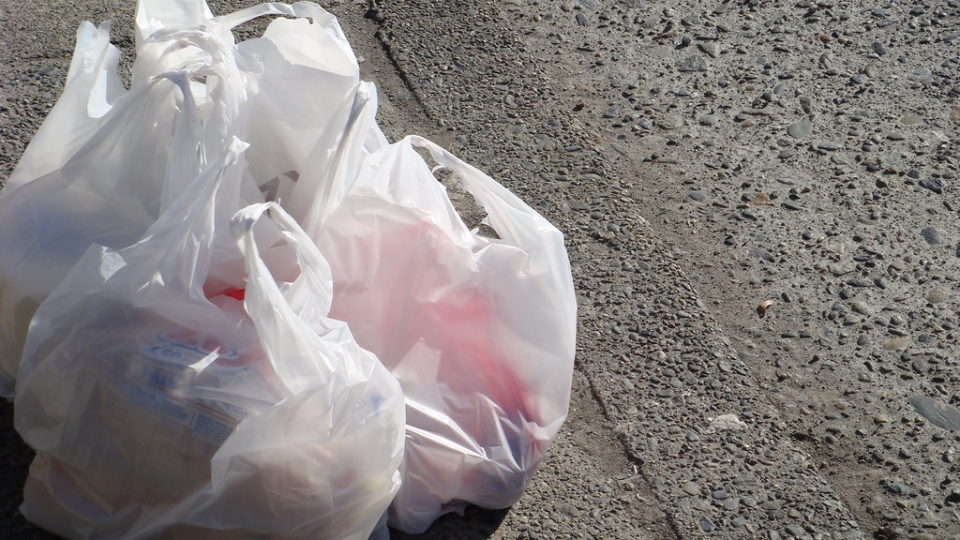The Covid-19 pandemic saw most of us making use of take-out or delivery services as our only access to restaurant food. It was a valuable link to normal life. But unfortunately, the packaging of takeout food is a major contributor to the global plastic waste problem that isn’t going to disappear just because people are returning to eating in restaurants.
A new analysis of more than 12 million items by UK researchers published in the journal Nature Sustainability has found that the majority of ocean litter collected around the world is in the form of takeout food items: bags, wrappers, containers, straws and cutlery, aluminum cans, and plastic and glass bottles. Eighty percent of all the items surveyed were made of plastic.
Wrappers and packaging tended to concentrate along coasts, gathering on the shore and the sea floor. Takeout trash was rarer in the open ocean. In those areas, fishing debris accounted for half of the litter.
The authors of the study argue that efforts to curb plastic waste should prioritize takeout food and beverage containers. They recommend that avoidable takeout items, like single-use plastic bags, should be replaced with non-plastic and biodegradable materials. The authors also recommended making plastic producers responsible for the collection and disposal of plastic products.
As of July 1, the European Union has banned the 10 most common plastic and Stryofoam products found on European beaches. The EU is also establishing an active European market for recycled plastics based on the principles of extended producer responsibility.
**********
Web Links
Takeout Food and Drink Containers Account for Bulk of Ocean Litter
Photo, posted September 14, 2009, courtesy of Susan White/USFWS via Flickr.
Earth Wise is a production of WAMC Northeast Public Radio.







